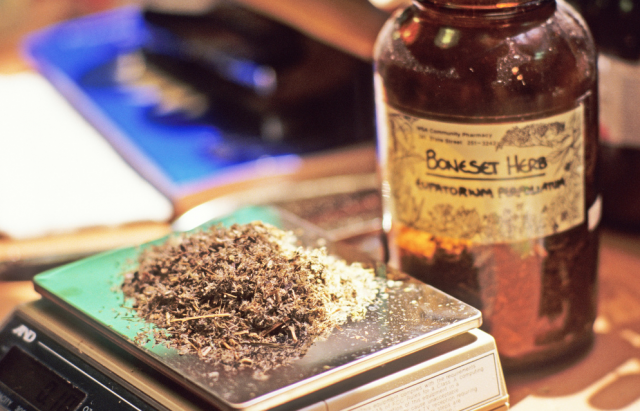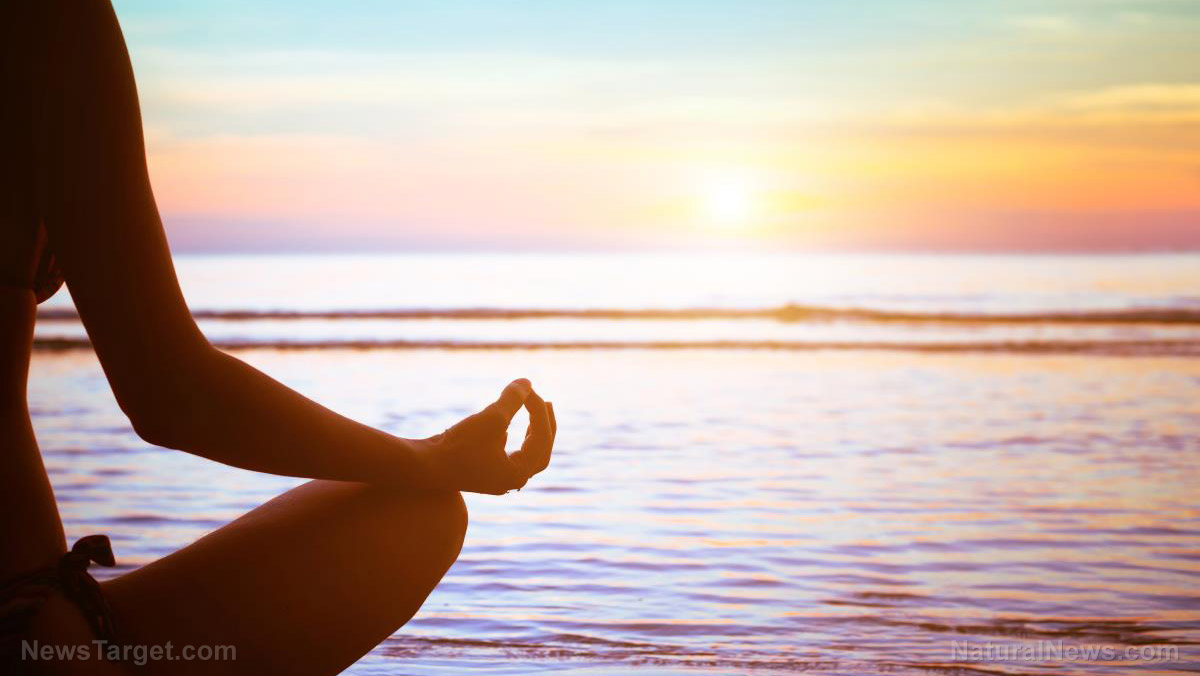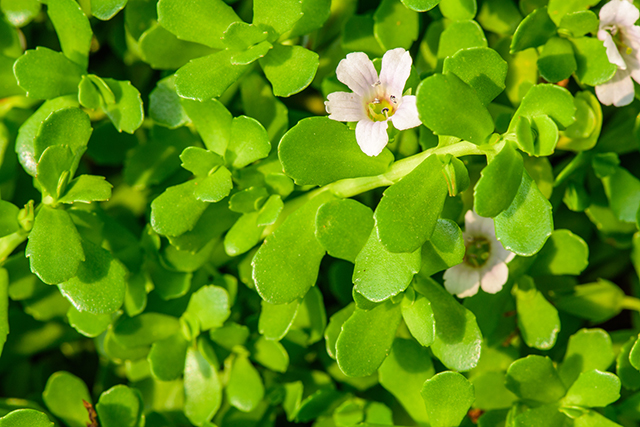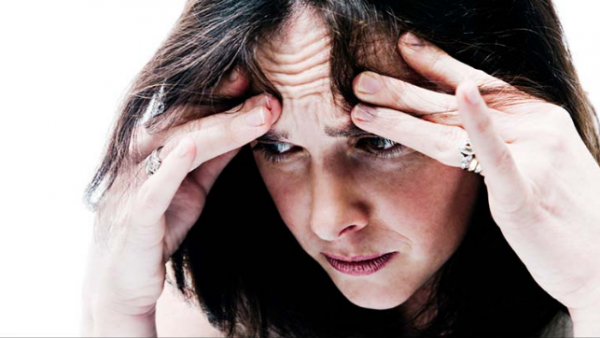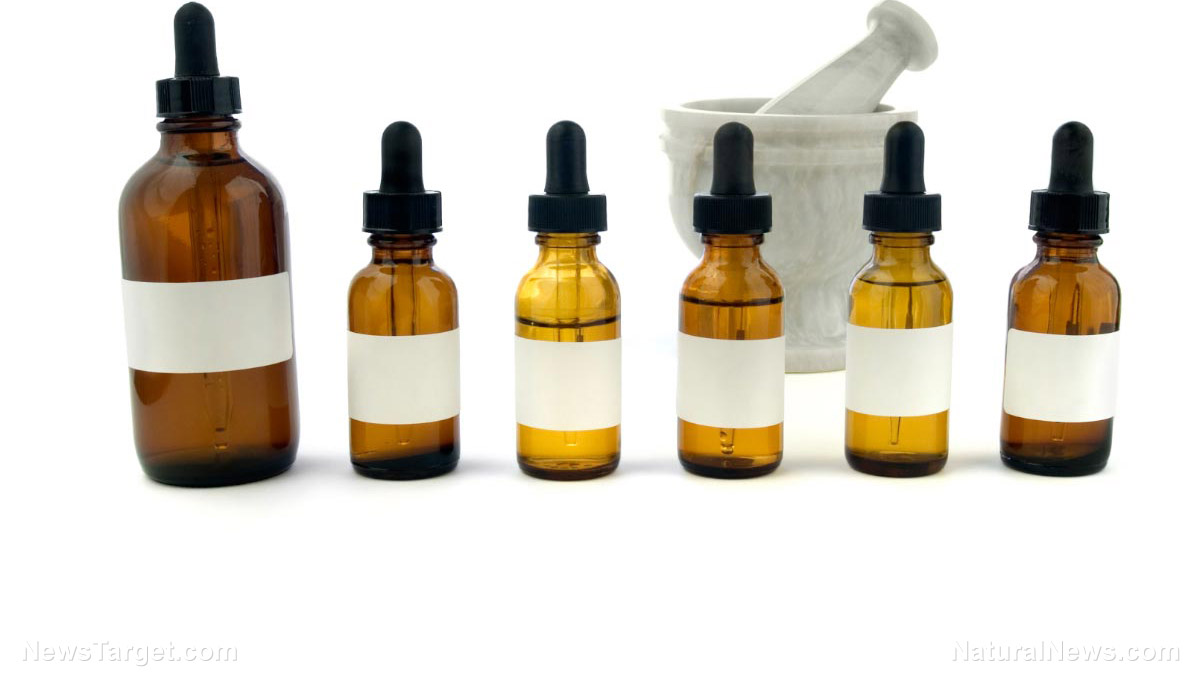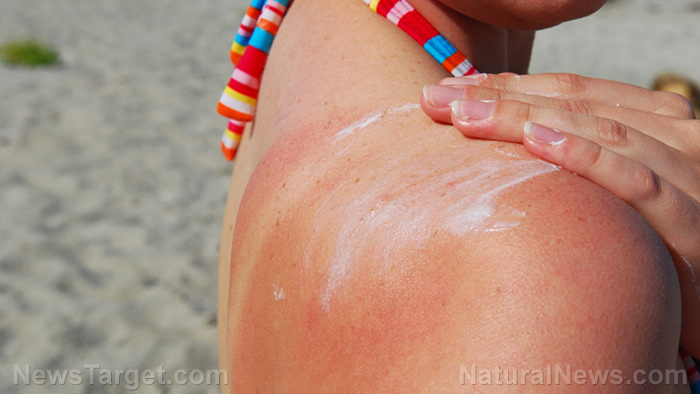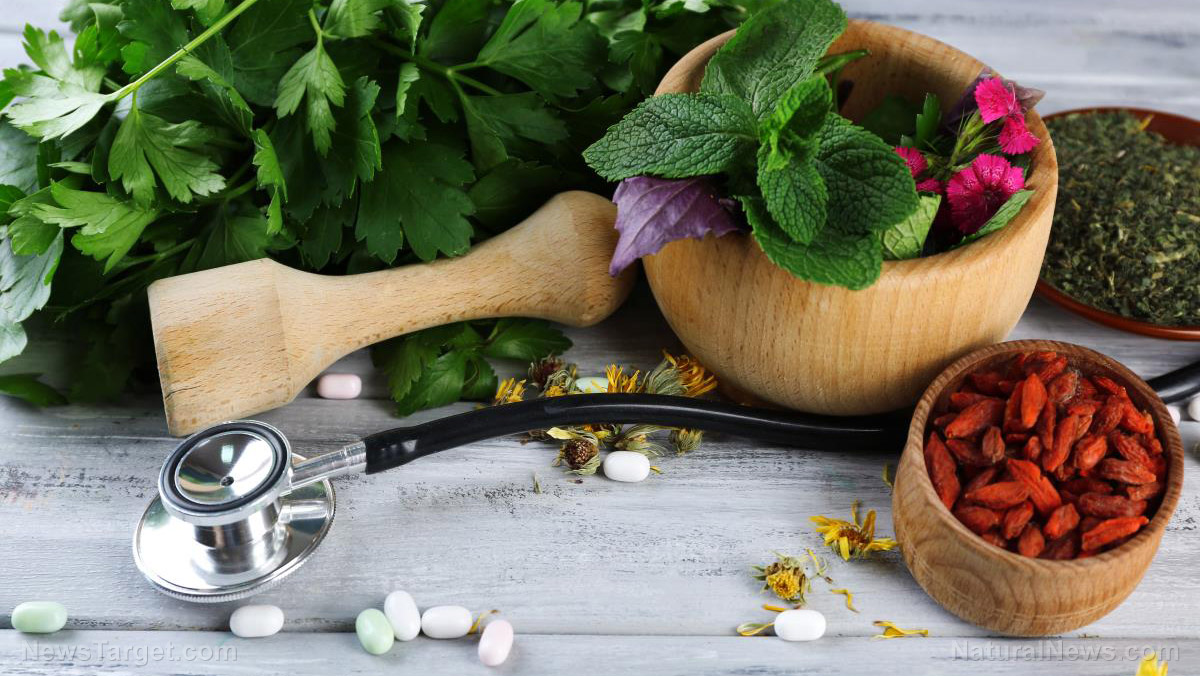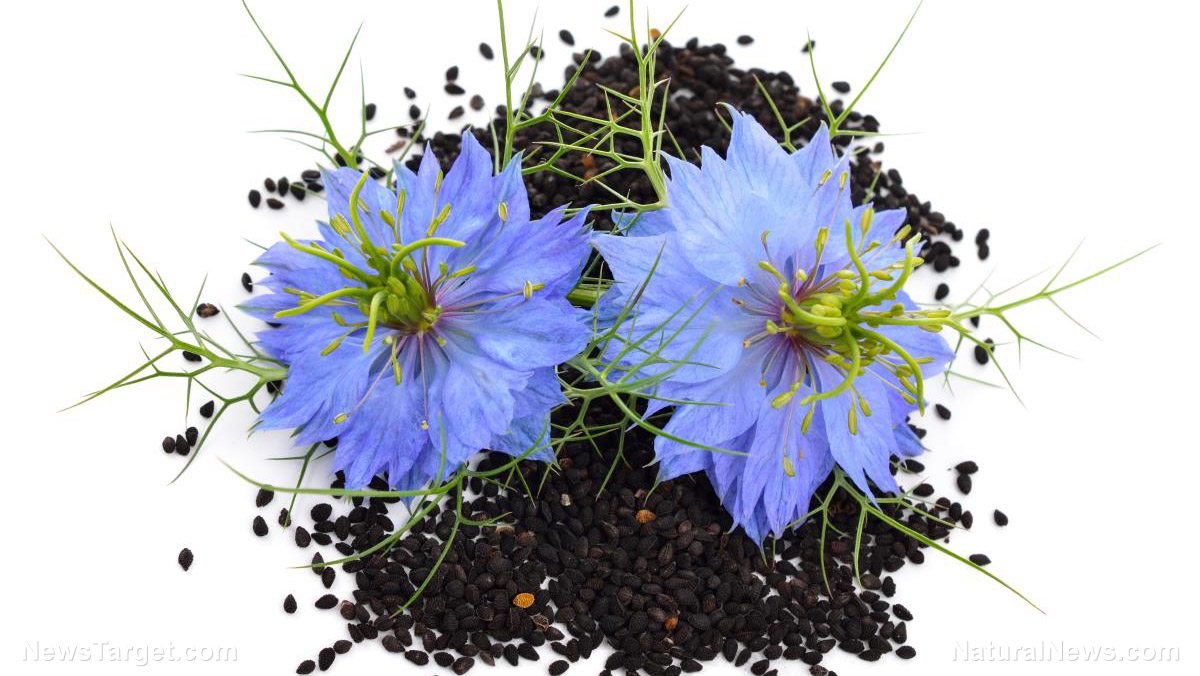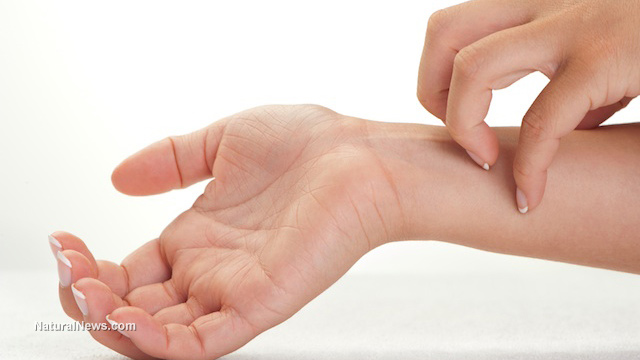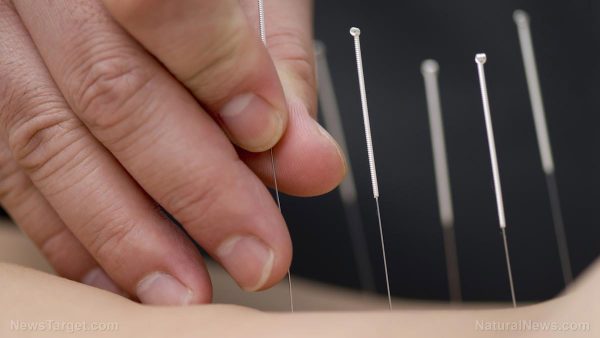Are you having a hard time getting a good night’s rest or have been wanting to extend your sleeping hours? We have good news for you. A new study reveals that drinking cherry juice, particularly Montmorency tart cherry juice one hour before you sleep will give you 84 minutes of extra sleep, as reported by The Daily Mail.
In the study by researchers from Louisiana State University, eight participants who were 50-years-old and older with chronic insomnia were examined. All of the participants reported sleeping around 9 p.m. to midnight. Each participant was asked to fast for 10 hours, except water, before they had their blood tested. After that, they were asked to answer a survey regarding their insomnia. They were randomly given either 240 ml or eight oz. of cherry juice or a placebo that looked and tasted similarly to the cherry juice. Participants consumed their assigned drink twice a day, one in the morning and another an hour before their bedtime, for 14 days. Two weeks after, they were asked to answer the survey again and the groups switched over.
Results showed that insomniacs who drank Montmorency tart cherry juice had 84 minutes longer sleep time compared to the placebo group. Moreover, cherry juice-drinkers had more efficient sleep. The researchers, after examining the blood samples, found that cherry juice decreased the levels of kynurenine, which is a factor in sleep disturbances and raised the amount of tryptophan in the blood — an amino acid that assists in causing sleepiness. Furthermore, they discovered that cherry juice stopped the production of indoleanmine 2,3-dioxygenase (IDO), which can delay the release of tryptophan. It can also reduce inflammation as it is known to stop the development of PGE2, a biomarker of inflammation.
Jack Losso, lead author of the study, explained that many people do not want to depend on medications to help them sleep, so natural sleep remedies are “increasingly of interest and in demand.” (Related: Beating insomnia: Eight surprisingly simple tips.)
The study was published in the American Journal of Therapeutics and was partly funded by the Cherry Marketing Institute.
Fast facts on insomnia
Doctors recommend sleeping for at least seven or more hours a night. However, there are 50 to 70 million people in the United States who suffer from sleep disorders, with insomnia being the most common.
“Insomnia is quite common among older adults and it can lead to a range of health issues if left untreated,” Losso said.
People with insomnia have difficulty falling asleep or staying asleep. They feel discontented with their rest. Moreover, they typically experience symptoms such as fatigue, low energy, difficulty concentrating, mood disturbances, and bad performance in work or at school. There are two types of insomnia based on their duration — acute and chronic insomnia. Acute insomnia is disrupted sleep that is short and usually occurs because of life situations such as a breakup. On the other hand, chronic insomnia is disrupted sleep that happens at least three nights a week and lasts for at least three months. Insomnia has been linked to varies diseases such as cancer, diabetes, dementia, heart disease, and depression.
Find more natural remedies at AlternativeMedicine.news.
Sources include:
DailyMail.co.uk
SleepAssociation.org
SleepFoundation.org



